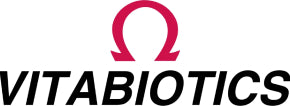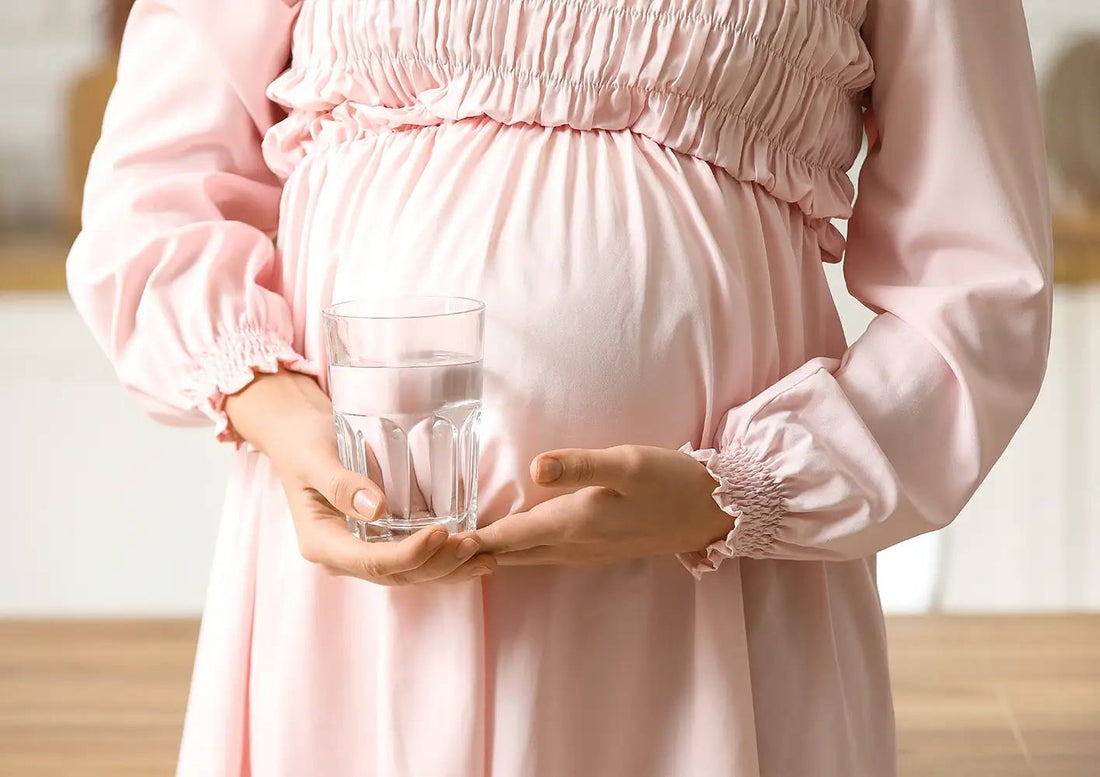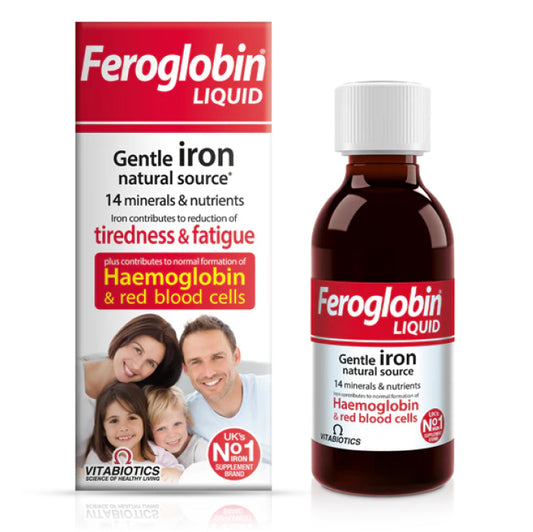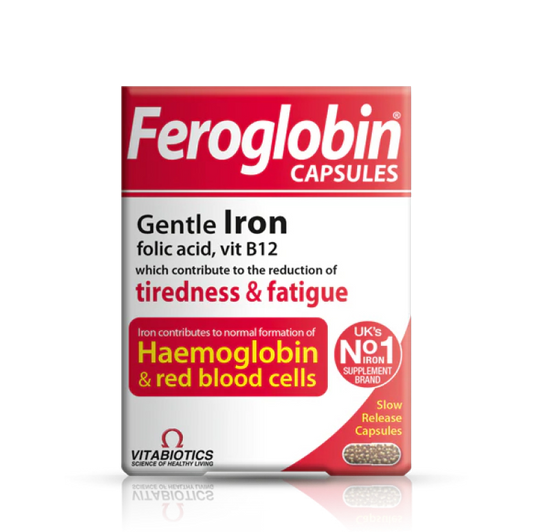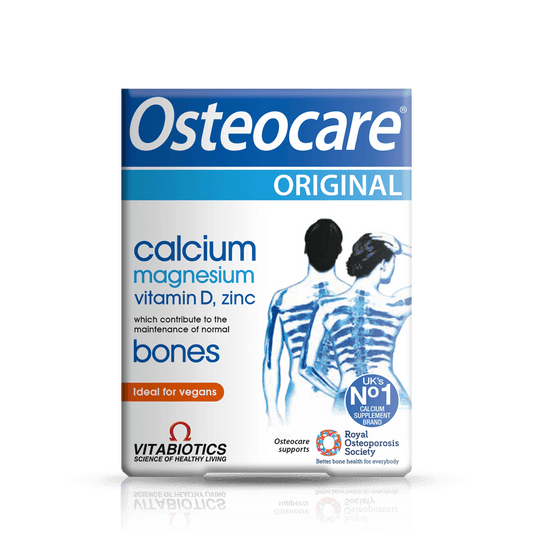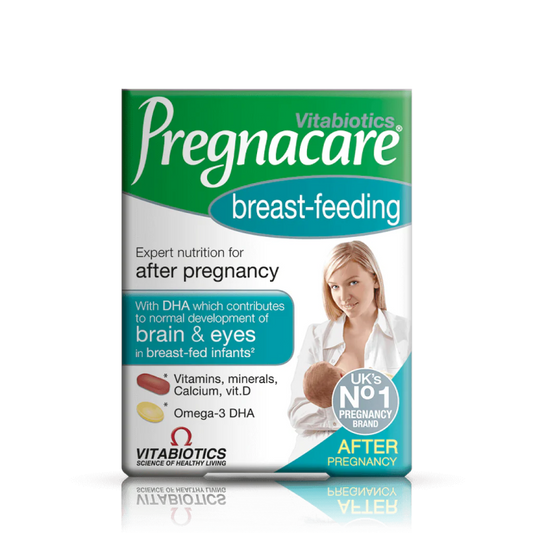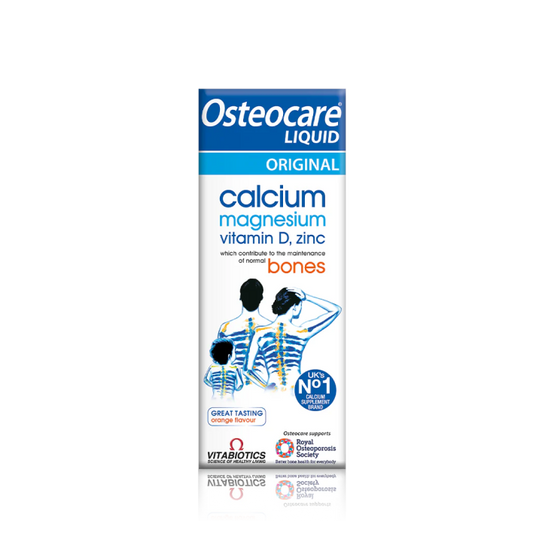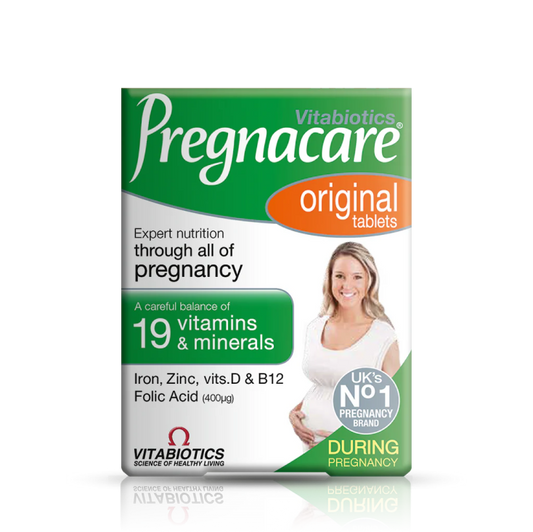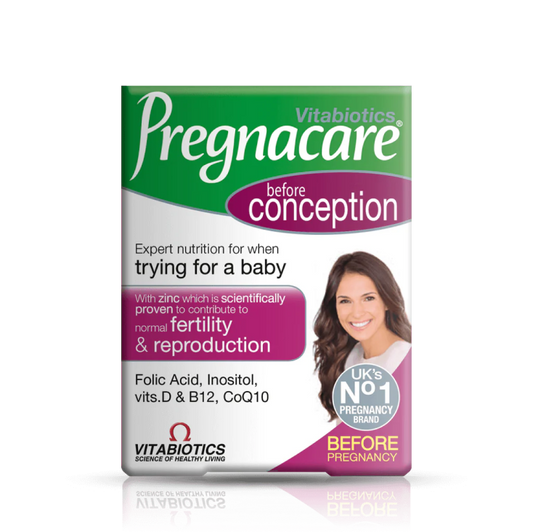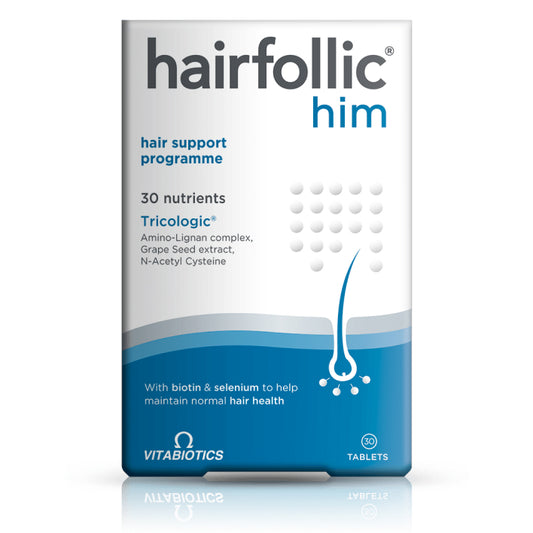Diet is something to pay attention to at any age. However, if you are expecting a child, caution in this matter is absolutely necessary. Here are a few simple rules that will help you know which products may pose a potential risk to you and your child.
The mechanism for selecting items on this list is quite simple. It is about avoiding potential contamination with microorganisms that could pose a threat to the fetus. These mainly include:
- Listeria monocytogenes (the bacterium that causes listeriosis)
- Toxoplasma gondii (protozoan causing toxoplasmosis)
- Salmonella sp. (bacteria responsible for salmonellosis)
- Campylobacter jejuni (causes campylobacteriosis)
Unpasteurized milk products
Unpasteurized milk can be a source of almost all the pathogens listed above (except salmonella), so you should definitely avoid products containing them: blue cheese (including camembert), oscypek cheese, feta cheese (as long as it is real feta and not a fake version made only from pasteurized milk).
It is a good habit to read the labels of dairy products - their producers are obliged to include information in the composition that unpasteurized (raw) milk was used in production.
Consumption of parmesan during pregnancy
Parmesan is a general name that actually refers to several types of Italian hard cheeses. The most popular in Poland are Parmigiano Reggiano and Grana Padano. Both of them are made from raw milk and therefore should not be consumed during pregnancy.
Raw meat
Raw meat is another potential source of the pathogens mentioned in the introduction. For this reason, you should avoid cold cuts and processed meats such as salami, serano ham, prosciutto or chorizo. The method of preserving the raw meat contained in them (salting, drying) does not ensure complete safety - and therefore it is best to avoid them. You can safely eat pizza and other dishes with the addition of these products as long as they are baked (for example, pizza with salami will be safe, but pizza with prosciutto added just before serving is not necessarily).
During pregnancy, be sure to pay attention to the heat treatment of meat products - undercooked or underfried meat can also be a source of risk. For this reason, it is better to eliminate steaks from your diet, not to mention steak tartare.
Seafood and raw fish
This is another group that should be avoided due to the risk of Listeria infection. This applies especially to seafood that is usually served raw (e.g. oysters) and those that have not been sufficiently heat-treated. Therefore, during pregnancy, it is a good idea to give up delicacies such as sushi or cold-smoked salmon.
Diet is something worth paying attention to at any age. However, if you are expecting a child, caution in this matter is absolutely necessary. Here are a few simple rules that will help you know which products are your allies and which may pose a potential threat to you and your child.
A good rule to follow (not only during pregnancy) is to check the origin of the fish that is to end up on your plate. Fish sellers are required to provide the catch area ( here you will find a list of areas ). It is better not to make a purchase if there is no such information - farmed fish often grow up in conditions that require the use of antibiotics.
Raw eggs
When it comes to eggs, it is a good idea to be cautious due to the risk of Salmonella infection. Therefore, the safe solution is to eliminate products containing raw eggs from your diet.
Unpasteurized juices
Freshly squeezed juices, although delicious, are associated with certain risks. Using poorly washed vegetables and fruits in their production may carry the risk of listeriosis and toxoplasmosis.
Safety rules worth following (not only during pregnancy)
It’s one thing to be aware of the risks of eating certain foods. It’s just as important to have a few good habits when it comes to handling food in general.
Always wash vegetables and fruits
There are many pathogens in soil (including those that cause listeriosis and toxoplasmosis). Therefore, always wash raw vegetables and fruits thoroughly before eating.
Check the ingredients and labels
Getting into the habit of reading the ingredients will help you decide whether a product is suitable for consumption or not (for example, if you don't know if a product contains raw milk or if a juice is pasteurized). This is a good rule to always stick to. It will make it easier for you to avoid products that contain preservatives and low-quality ingredients.
Literature:
Świątkowska D., Guide to nutrition for pregnant women, Institute of Mother and Child, Clinic of Obstetrics and Gynecology
